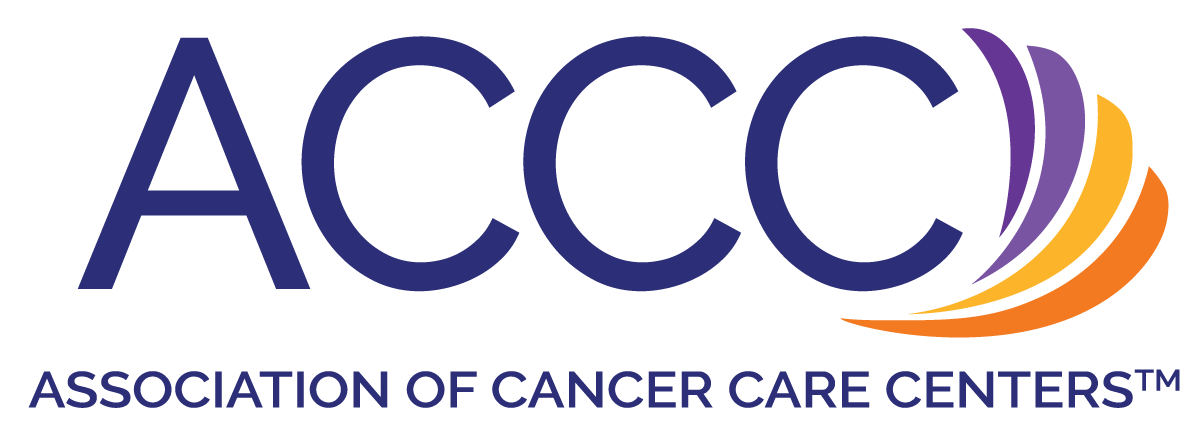
Google’s Dr Scott Penberthy on How AI Is Helping to Facilitate More Time With Patients

Much of artificial intelligence (AI) is now being used in the more mundane areas of health care, figuring out where to be most helpful, so doctors can do what they do best, which is diagnostic care, noted Scott Penberthy, PhD, MS, director, Applied AI, Office of the CTO, at Google.
Much of artificial intelligence (AI) is now being used in the more mundane areas of health care, figuring out where to be most helpful, so doctors can do what they do best, which is diagnostic care, noted Scott Penberthy, PhD, MS, director, Applied AI, Office of the CTO, at Google.
He presented the session, “Cancer Program Technology in 2040: The Google Perspective” at this year’s
Transcript
Can you discuss ways in which AI has changed and has the potential to change oncologic care?
So the question is: where can we use AI or where is it making a difference today? Have you Googled lately? If you think of doctors every day just asking questions and they’re going to Google and seeing what’s the latest care that’s coming out, and there’s a lot of interaction of finding the latest PubMed papers and whatnot, when you’re getting results from Google, that’s actually AI under the covers. It’s understanding human language much better than it ever had before.
But if you actually get down to the care side, where you can see a bit more of the private data and that sort of thing, we’re finding now that there’s a lot of AI happening around the world and sort of an obsession with, can we actually help diagnostics and actually help you get better with more accuracy? We’re finding outside the United States, or even with value-driven care, that works pretty well. For example, detecting polyps and looking at [gastrointestinal issues]. And what we’re finding is, if it’s in a value-based care envelope, then it’s beneficial to the physician, it’s beneficial to the to the insurer as well, in the sense that you have incentives that are aligned. But we’re finding those outside that area of incentives aren’t so well aligned. What we’re finding, what it ends up doing is, it will go down to the physician where they’re spending less time with the patient and special technology costs a lot more money.
So, what we’re doing at Google is trying to figure out, where could we be most helpful in a situation? And we’re finding that AI is actually helpful in taking away the mundane, in taking the robot part out of the human. So simple things like looking across multiple PDFs and trying to answer the question, “Are my benefits covered?” Right now you call somebody and you ask question and they’ve got to go through files and try to figure out, is this covered? Who’s available? And all those sorts of things. We can now use AI to answer some of those questions or to take clinical notes and abstract away and find common patterns to help you basically have accurate notes.
So a lot of AI is now being used in much more the mundane—I call it the boring billions—of health care, and can we take some of that out so you can spend more time with patients and doing what you do best, which is the diagnostic.
Newsletter
Stay ahead of policy, cost, and value—subscribe to AJMC for expert insights at the intersection of clinical care and health economics.









